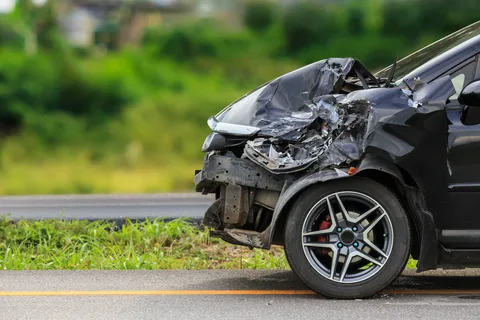Distracted driving has emerged as a significant factor in vehicular accidents worldwide. With the proliferation of digital devices, drivers are increasingly tempted to divide their attention between the road and the allure of instant communication and entertainment. The consequences of this split in focus can be severe, often resulting in collisions, injuries, and fatalities.
Distractions not only affect the person behind the wheel but also put passengers, other drivers, and pedestrians at risk. Law enforcement agencies and safety advocates are working to bring awareness to the risks associated with distracted driving, and legislation is evolving to discourage this dangerous behavior.
Technological advancements designed to integrate more seamlessly with driving tasks can both contribute to and mitigate the risk of distraction. Voice-activated commands and hands-free systems attempt to keep drivers’ eyes on the road, but the effectiveness of such features in reducing distractions is still a subject of ongoing research and debate.
The Impact of Distracted Driving on Road Safety
Distracted driving has become a pervasive problem on today’s roads. It increases the risk of vehicular accidents, often necessitating the intervention of legal professionals, like a car accident lawyer, to resolve ensuing disputes and compensation claims.
Common Distractions and Their Consequences
A variety of activities are classified as distractions, all of which have implications for driver safety.
- Consequence of Manual Distractions: Fiddling with the radio or adjusting climate controls can lead to loss of control.
- Visual Distractions: Looking at billboards instead of the road can cause late reactions to traffic changes.
- Cognitive Distractions: Engaging in heated discussions can delay decision-making in critical moments.
Role of Digital Devices
Technological gadgets play a dual role, providing both convenience and potential harm.
- Mobile Phones: Calls or texting can divert attention, leading to an increased need for car accident lawyers to address resulting legal issues.
- GPS Systems: Devices meant for navigation can become sources of accident if inputting destinations while driving.
- In-Car Screens: Entertainment or information screens in vehicles demand visual and manual attention.
Legal Implications and Accident Litigation
The legal aftermath of a distracted driving car accident can be complex. Victims often need to undertake a multifaceted legal journey that may involve litigation to recover damages.
Navigating the Legal System
Individuals involved in a car accident due to distracted driving must understand that the legal system is intricate. They may face civil liability or, in some jurisdictions, even criminal charges depending on the severity of the incident. Evidence plays a crucial role in proving distraction, which can include:
- Cell phone records
- Eyewitness testimony
- In-car surveillance footage
The above must be gathered in a timely fashion to support the case. In places like St Petersburg, a car accident lawyer with experience in local laws will be imperative.
Finding the Right Representation
Choosing the right legal representation is critical. A car accident attorney should have:
- A proven track record in handling distracted driving cases.
- An understanding of state-specific traffic laws.
- The ability to negotiate with insurance companies effectively.
It is advisable to seek professionals who specialize in automobile accidents. St Petersburg Car Accident Lawyer could offer insights and strategies tailored to the regional legal framework.
The Claims Process Explained
After an accident, the claims process begins with notifying one’s insurance company. Here is a simplified breakdown:
- Notification: Inform the insurance carrier about the accident without delay.
- Documentation: Submit all required forms and evidence.
- Assessment: The insurance company investigates the claim.
- Resolution: The claim is either approved, and a settlement is offered, or it’s contested, possibly leading to further negotiation or litigation.
Having a capable attorney can streamline this process, ensuring that all documentation is thorough and deadlines are met. They can also engage in negotiations on behalf of their client to secure fair compensation.

